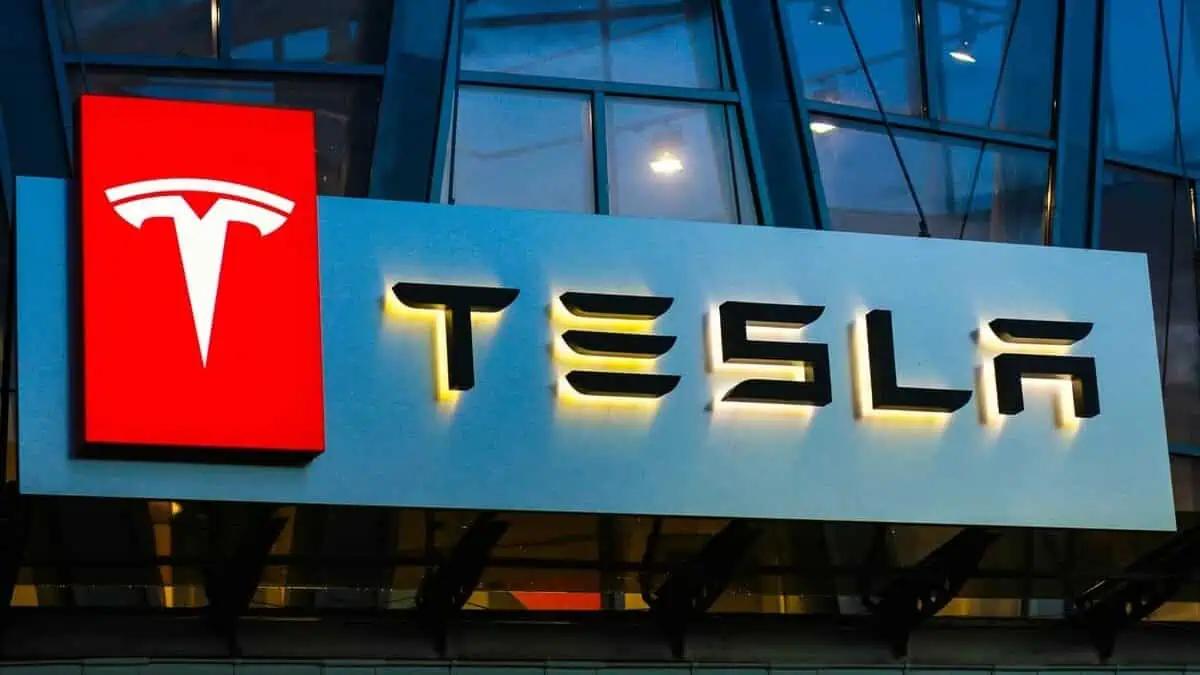California voters voted against a plan to make EVs more affordable for some residents, resulting in a blow to Lyft and the electric vehicle industry, according to TechCrunch.
Proposition 30 would’ve taxed residents making more than $2 million annually to subsidize electric cars and public charging stations and funded wildfire prevention programs.
“There is just no feasible path to meeting our climate, air quality, and equity goals without zeroing out tailpipe pollution,” said Max Baumhefner, a senior attorney for the Natural Resources Defense Council, one of the groups supporting Prop 30.
59% against Proposition 30
The loss was apparent, with 41% of the votes tallied. As of Wednesday (November 9) afternoon, 59% of voters were against the proposition.
The measure’s defeat comes as some states set up bans on gasoline-powered vehicles in serious efforts to cut climate pollution.
Lyft: Prop 30’s primary backer
Lyft, Prop. 30’s primary backer, contributing nearly $48 million to support the would-be wealth tax.
The measure’s opponents, including Democratic Governor Gavin Newsom and venture capitalists Ron Conway and Michael Moritz, cast Prop. 30 as a “Lyft grift,” saying it is a “scheme to further line the pockets of Silicon Valley tech billionaires.”
Prop. 30 didn’t include carve-outs for rideshare companies. It would’ve raised tens of billions of dollars to drop EV costs for individuals, including ride app drivers like Lyft and Uber.
Lyft & Uber to go electric by 2030
Both companies are dedicated to going electric by 2030. This measure could have aided them in hitting their goals.
Earlier this year, California mandated that almost all rideshare vehicles go electric by 2030 as a part of a broader effort to lead combustion engines off roads slowly.
“At a high level, every state should be looking at how those most burdened by air pollution realize the benefits of reducing air pollution soon,” said Baumhefner.
Although the state already runs some programs to help cover the costs of going electric, Prop. 30 could’ve given further assistance. Without it, ride-app companies may need to render additional cash to incentivize their drivers to shift so that they will comply with California’s mandate.
Lyft said the vote results is an “unfortunate setback for the climate movement” in a statement to TechCrunch.
Across the avenue, the No on Prop 30 campaign stated the results were “thanks to the courageous leadership of the Governor and the California Teachers Association.”
Even though more affordable options are gradually entering the market, electric vehicles are mainly still in short supply, and most are too costly for most people.
This is not good for the climate as light-duty vehicles such as cars and SUVs make up more than half of transportation-related emissions in the US, per the EPA.
Lyft down by almost 2.4%
On the Nasdaq, Lyft closed at $10.64, down by nearly 2.4% from the previous day. The decline pales compared to what Lyft shareholders suffered on Monday (November 7) after disclosing losses in its recent quarterly report. Earlier this month, Lyft let go of 683 employees (around 13%) of its workforce.






